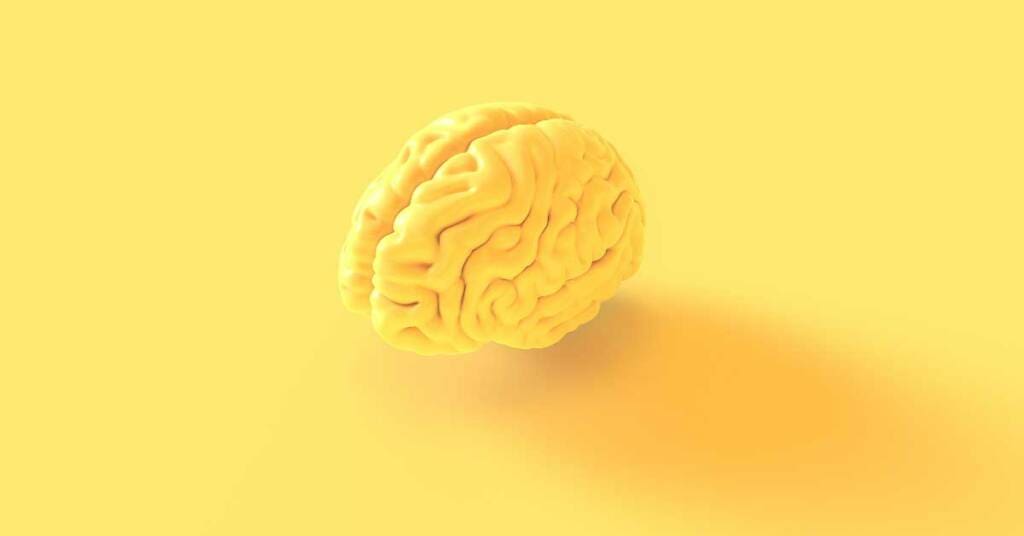Hearing Loss and the brain
Is there a connection between hearing loss and the brain? Studies have shown that hearing loss, even a mild one, can create a shift in how the brain functions. The brain is forced to work harder in order to make sense of what is being heard. Other studies have also found that those with hearing loss tend to experience cognitive decline at a higher rate than those with normal hearing.
Brain changes with hearing loss
- Continued “effortful listening” may contribute to an increase in cognitive load, which could lead to cognitive decline.
- The research found that those with untreated hearing loss developed a decline in cognitive abilities 3 years faster than those with normal hearing.
- The rate of decline for those with hearing loss was also 30-40% faster than those that did not have a hearing loss.
- Research found that in age-related, early stages of hearing loss the brain activity went down in the auditory temporal cortex and increased in the frontal and pre-frontal cortex. This area is responsible for working memory, which may explain the increase in effortful listening and cognitive overload.
A study did show that hearing aids seemed to even the playing field between those with hearing loss and those without. Those with hearing loss who used hearing aids seemed to have the same rate of cognitive decline as those with normal hearing. This suggested that the hearing aids may have buffered the effects of cognitive decline associated with hearing loss. However, once other areas of life such as depression and social support were looked at, the differences were less substantial.
Source: Audiology Today, Cognitive Decline and Hearing Loss
Find out more about…
Doctor’s of AudiologyBrampton Audiology
Discover more from Brampton Audiology
Subscribe to get the latest posts sent to your email.


